In industrial automation and control systems, Float Switch is a simple and effective liquid level control device. It is widely used in water treatment, chemical, food processing, pharmaceutical and petroleum industries. This article will analyze the economics of Float Switch from a cost-benefit perspective, including its initial investment, operating costs and maintenance costs.
The initial investment of a Float Switch is relatively low, mainly due to its simple mechanical design and production costs. Compared to complex electronic sensors or automated control systems, Float Switch does not require expensive circuit boards or programming software. Float Switch prices on the market vary depending on material, brand, and features, but overall, they offer an affordable solution.
In terms of operating costs, Float Switches show significant economy. Because its operation relies on the physical movement of a mechanical float rather than electronic components, it consumes no electricity and incurs virtually no energy bills. In addition, the float switch's simple design reduces reliance on complex electronic systems, thereby avoiding additional repair or replacement costs due to electronic failures. This low energy consumption feature allows the float switch to save users a lot of money in long-term operation, especially in applications where continuous monitoring of liquid level is required.
Maintenance is key to ensuring long-term stable operation of Float Switch. Fortunately, due to its simple design, maintenance is usually simple. Regular inspection of the Float Switch's mechanical components, such as floats, shafts, and seals, can prevent failures and extend service life. Replacing worn parts is a major cost of maintenance, but since these parts are typically inexpensive, maintenance costs are relatively low.
The reliability of a Float Switch is another important factor in evaluating its cost-effectiveness. Due to its simple structure and no complex electronic components, Float Switch can work reliably in harsh industrial environments. This high reliability reduces production interruptions due to equipment failure, thereby lowering potential economic losses.
The design of the Float Switch allows it to adapt to a variety of liquid media, including corrosive or viscous liquids. This adaptability means that Float Switch can maintain its performance in different application scenarios without requiring additional adaptations or modifications, which further reduces costs.
While the initial investment of a Float Switch may be lower than some high-tech solutions, its long-term return on investment may be higher. Due to its low operating and maintenance costs, as well as its high reliability, the Float Switch has a relatively low total cost of ownership over its lifetime.
As technology advances, Float Switch is constantly being improved. For example, some modern Float Switches incorporate wireless communications capabilities to remotely monitor and control fluid levels, which increases their functionality and convenience while also maintaining their cost-effectiveness.
In summary, Float Switch is widely used in multiple industries as an affordable, reliable and easy-to-maintain liquid level control solution. Its low initial investment, operating costs and maintenance expenses, as well as high reliability and long-term return on investment, make it the device of choice in many application scenarios. As technology continues to advance, we can expect Float Switch to offer more features and better performance in the future, while still maintaining its cost-effectiveness advantage.
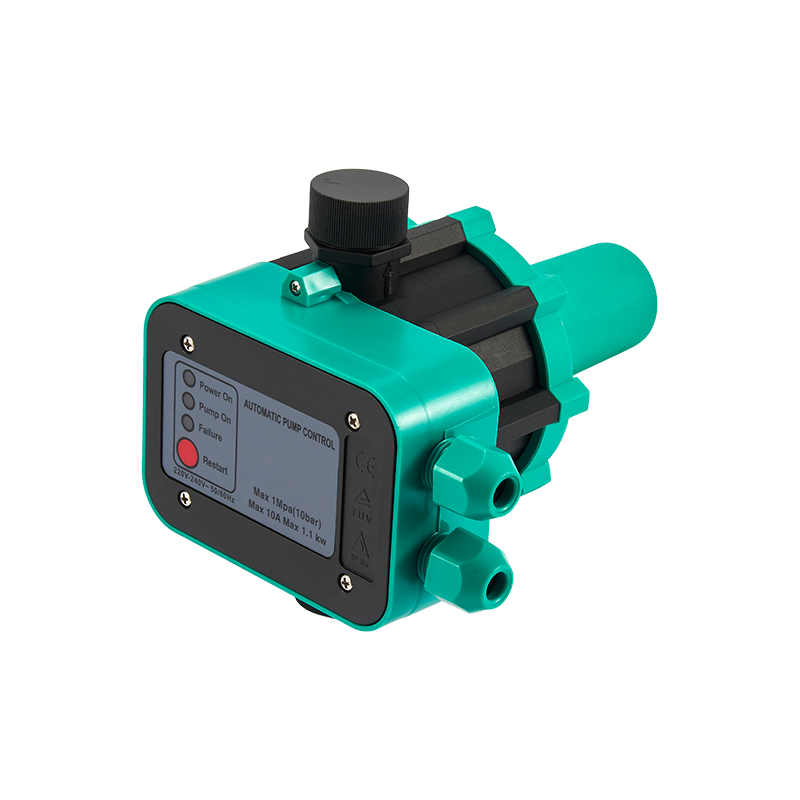
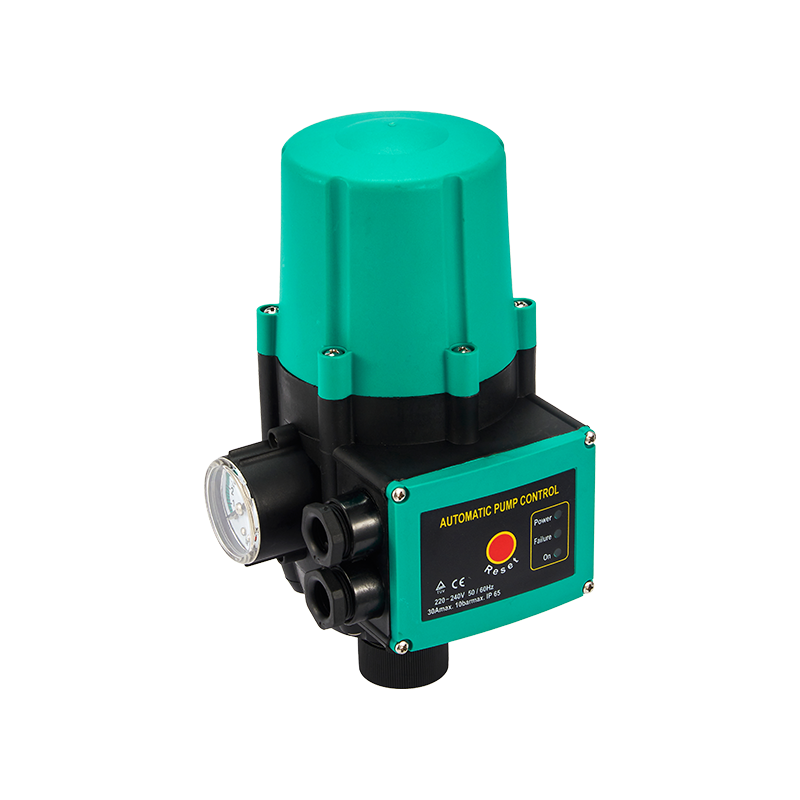
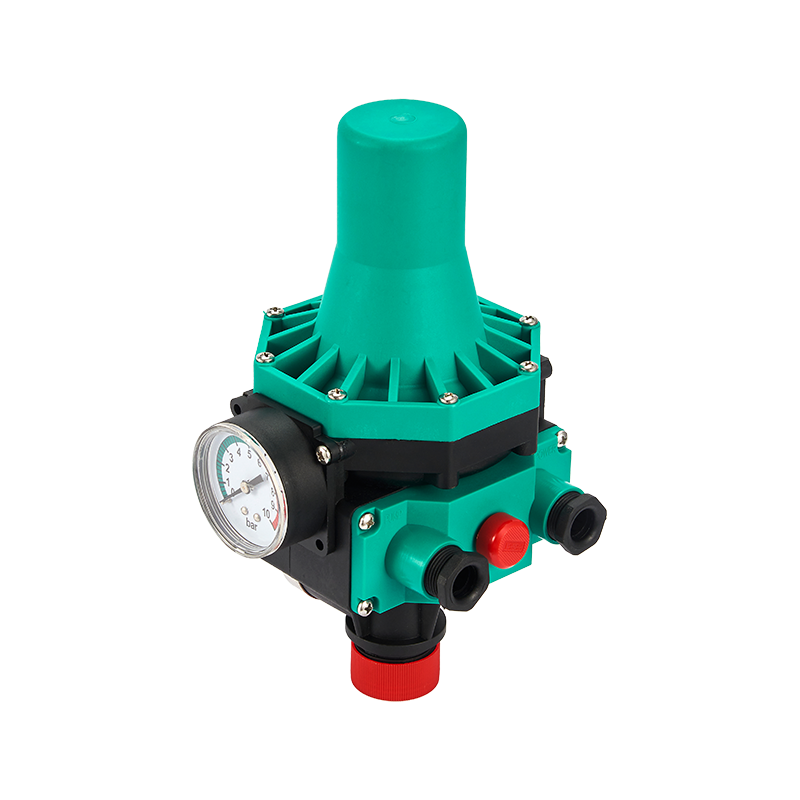
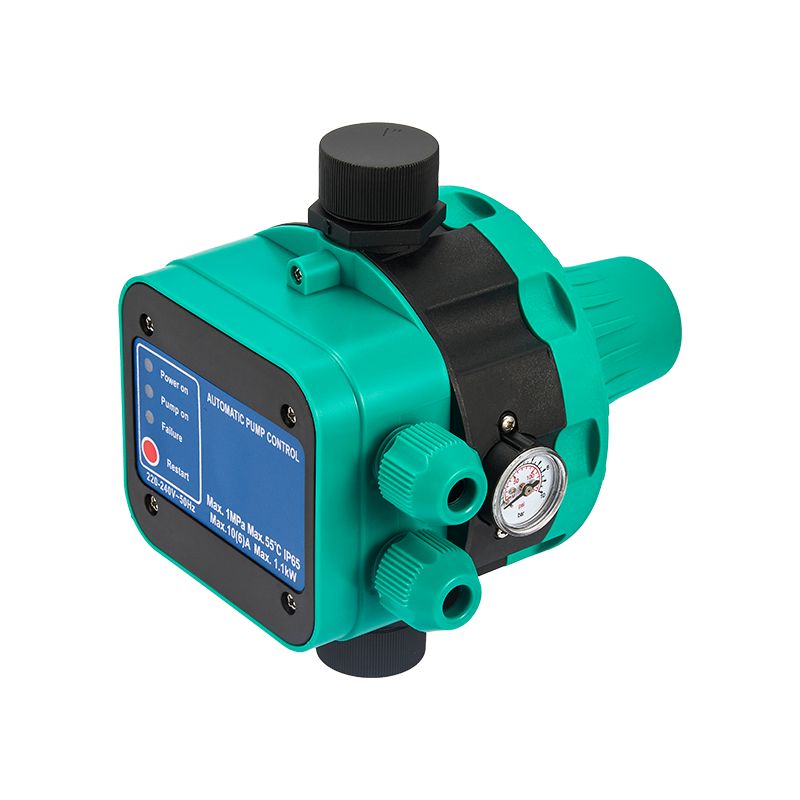
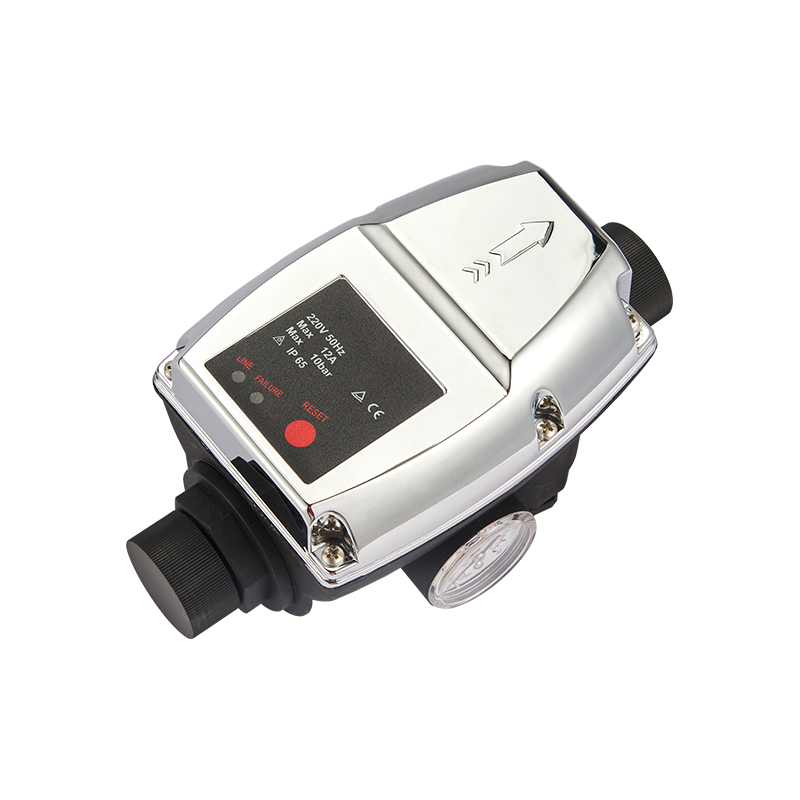
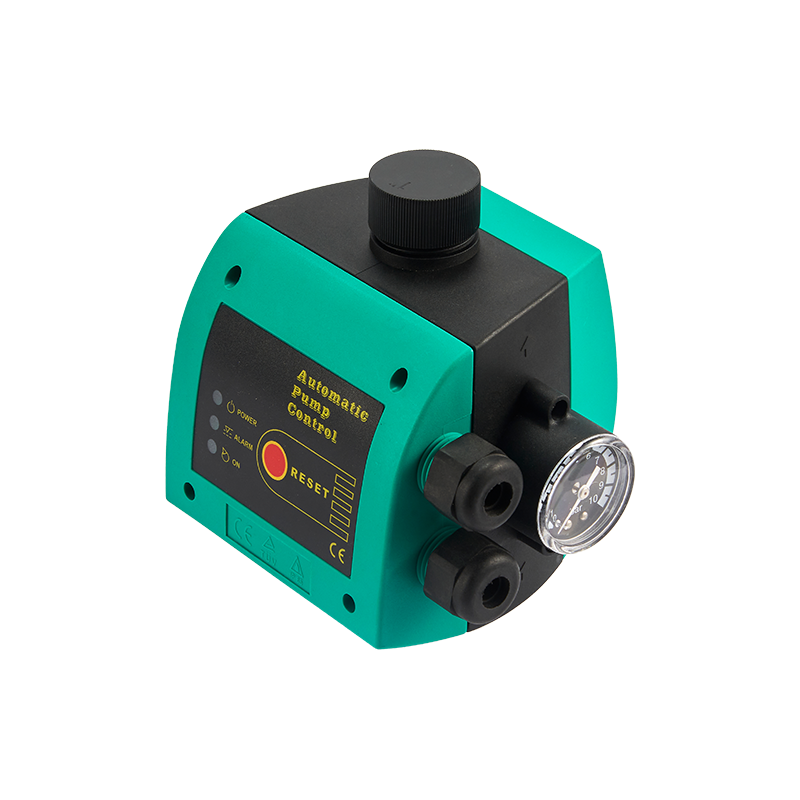
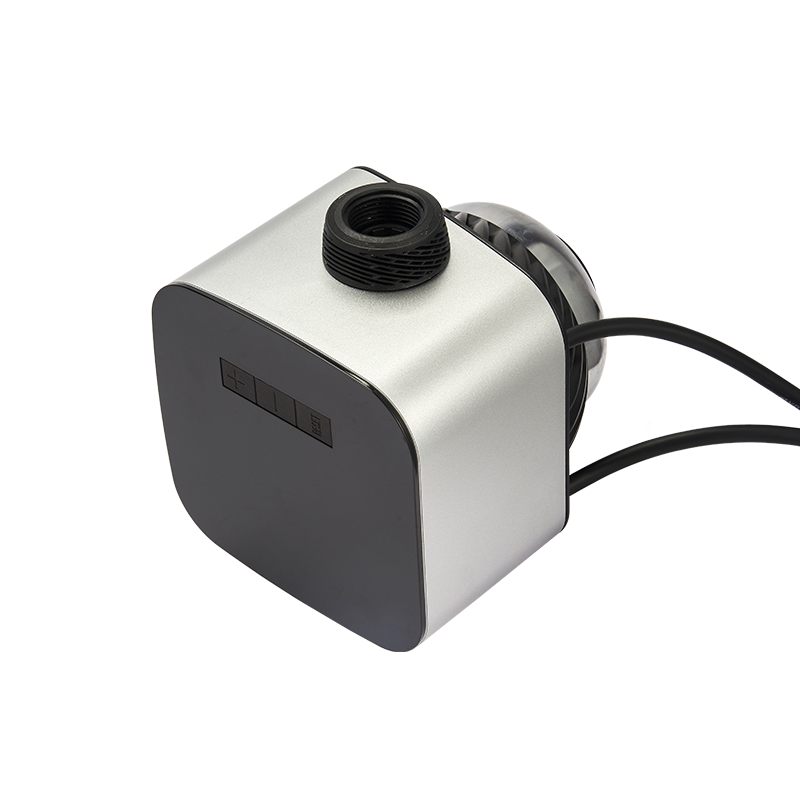

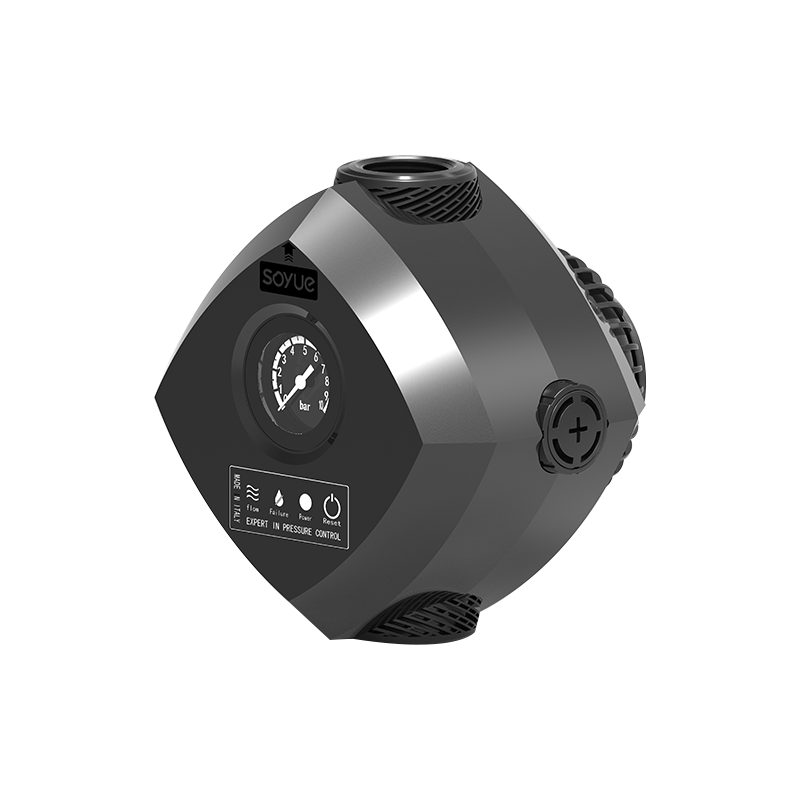
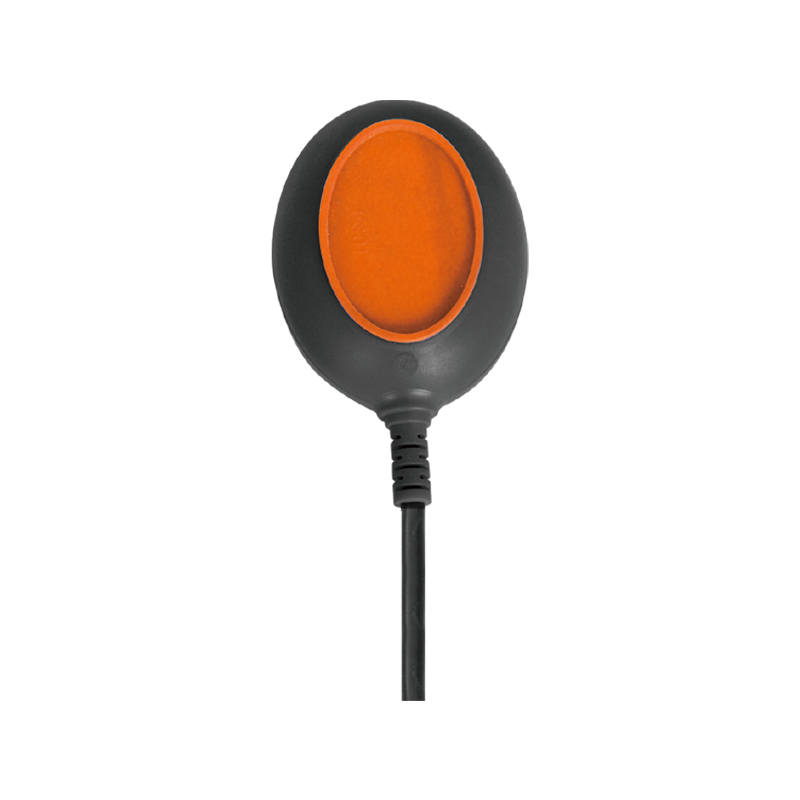
Within the global industrial supply chain, specialized facilities focus on producing the electronic brains that manage the world's pumps: the automatic pump controller factory. These manufacturing plants are dedicated to the design, assembly, testing, and quality assurance of the devices that provid...
Across the diverse applications of fluid movement—from ensuring consistent water supply in high-rise buildings to maintaining precise pressure in industrial processes and agricultural irrigation—the concept of pump automatic pressure control has become a cornerstone of modern system design. This tec...
In systems where water or other fluids are moved under pressure, from residential plumbing and agricultural irrigation to industrial processing and fire suppression, maintaining a precise and stable pressure is often critical. This task falls to a dedicated device: the pump pressure controller. This...